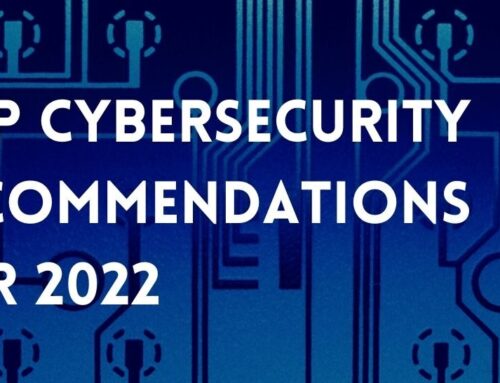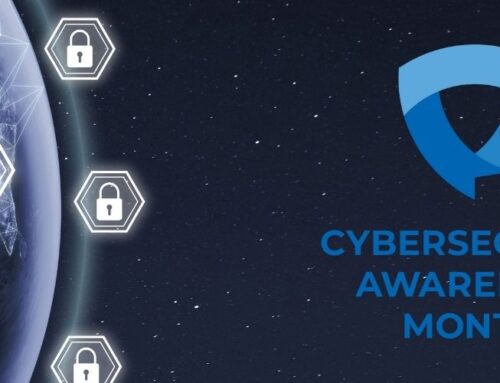For most small to mid-size businesses the question of whether you should stick to your in-house tech support employee or outsource your IT Management come up frequently. While the convenience and perceived safety of your in-house tech person are pretty obvious, what is not are the reasons why you should fire your IT Support guy…

This blog is not going to make me popular with IT Managers. However, it will define a more and more common reality for small to midsize companies with less than 150 employees. In companies of that size, there are numerous factors that make the full-time IT employee or 2-3 person department, less effective or even counter-productive to the strategic plans of the organization. But having an IT guy in-house is comforting, convenient and predictable, so why fire your IT guy? 3 big reasons:
- Expertise
Information Technology is dense, complex and very dynamic. Much like medical professionals, very smart individuals spend their entire careers on a single discipline (like security or networking) and still only cover a fraction of the whole topic. Companies who think “an IT guy is an IT guy” are dead wrong. The reality is, if you want an expert generalist, you may get most of the way there but will be flat footed on anything requiring specific depth. For instance, your company is affected by a malware outbreak. Your IT person may be equipped to do the very basics like run scans or check firewall settings, but after that, he or she will likely be Googling protocols for the next step and deciding the correct path forward in a vacuum. There are simply not enough hours in the day to be excellent (or perhaps even decent) across the entire IT spectrum.
- Accountability
The fact of the matter is, IT is murky to most people. As a business owner or manager, you really don’t know if your IT guy or small support department is doing a good job in all facets of the position (system architecture, stability, risk management & security, strategy, training, etc). IT is as important a function as accounting, payroll or sales, but can be more difficult to manage. Even with a team of three very smart IT people, how do you evaluate if the department is managed well? How do you fairly compensate for performance? What are the benchmarks you measure the department against? Do you call in an expensive independent auditor and destroy valuable tryst? You will likely not be able to come up with good, sustainable answers and will have to put too much blind-faith into the systems that make or break your business.
- Strategy
The most common place we see the single or small team of IT professionals fall the shortest is in long-term planning. Most engineers are very good at executing on complex tasks, but few are able to translate business goals of a company into a long-term strategic plan. Part of this challenge derives from the inherent and almost unavoidable bias internal IT guy has against pushing boundaries and taking risks. Why? Because there is never time for a tiny tech support department to do adequate R&D for new projects (if they have a life). And the downside of experimenting with a new solution and risking making an expensive, embarrassing or disruptive mistake is too great. As it becomes evident that this department is not strategically consistent with the overall direction of the company, the value of the department will slowly diminish and wither and your investment into technology will flat-line.
Statistically, the era of the solo IT practitioner, in-house or outsourced, is dwindling. IT is too complex for the “expert generalist”, and clients are beginning to understand that just because somebody knows computers, doesn’t make them the right fit to strategically guide a growing company.
As a managed service provider in Portland, we behave and utilize systems similar to an Enterprise IT department. We have depth in our bench, numerous certifications, and areas of expertise, metrics, a robust R&D department, best-of-class management systems, decades of combined experience, strong strategy mapping processes, and we never take a sick day.
Call Upward today to evaluate a better way to manage your technology.






Leave A Comment